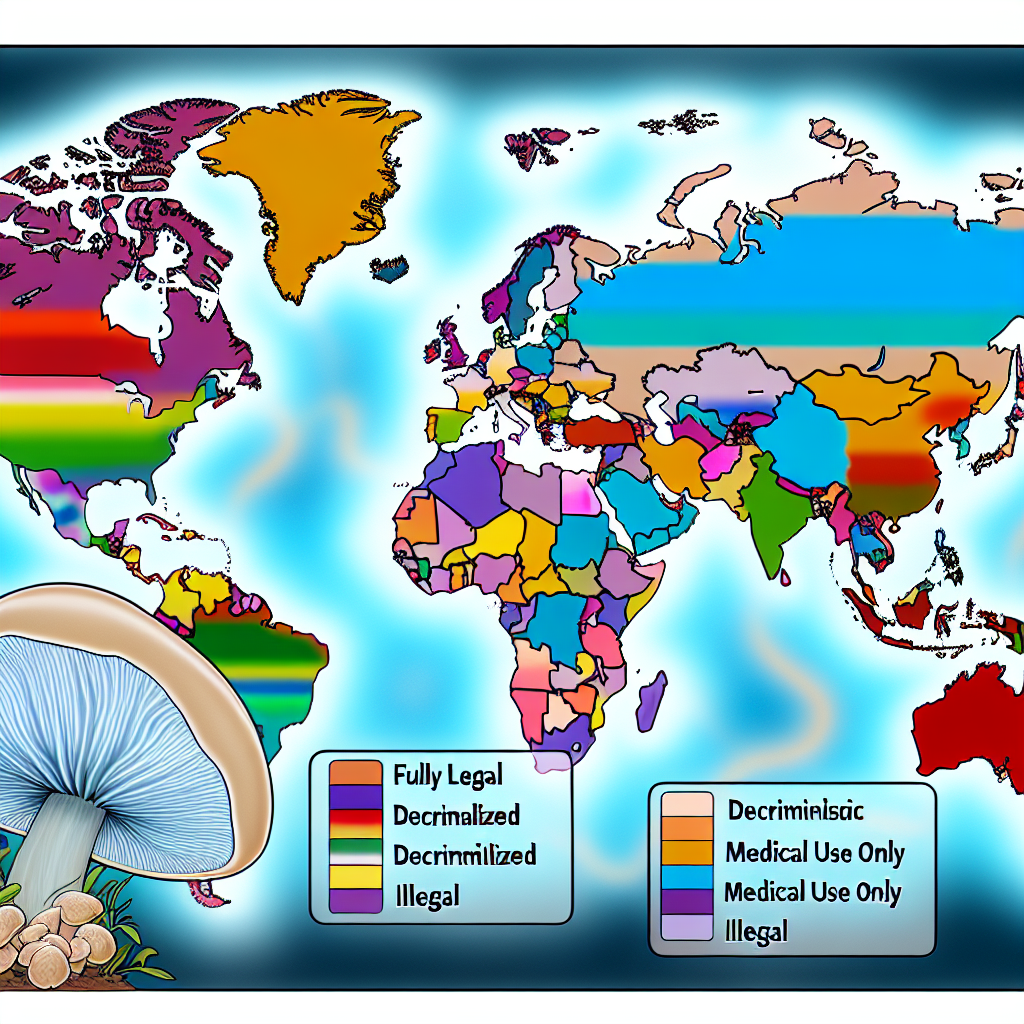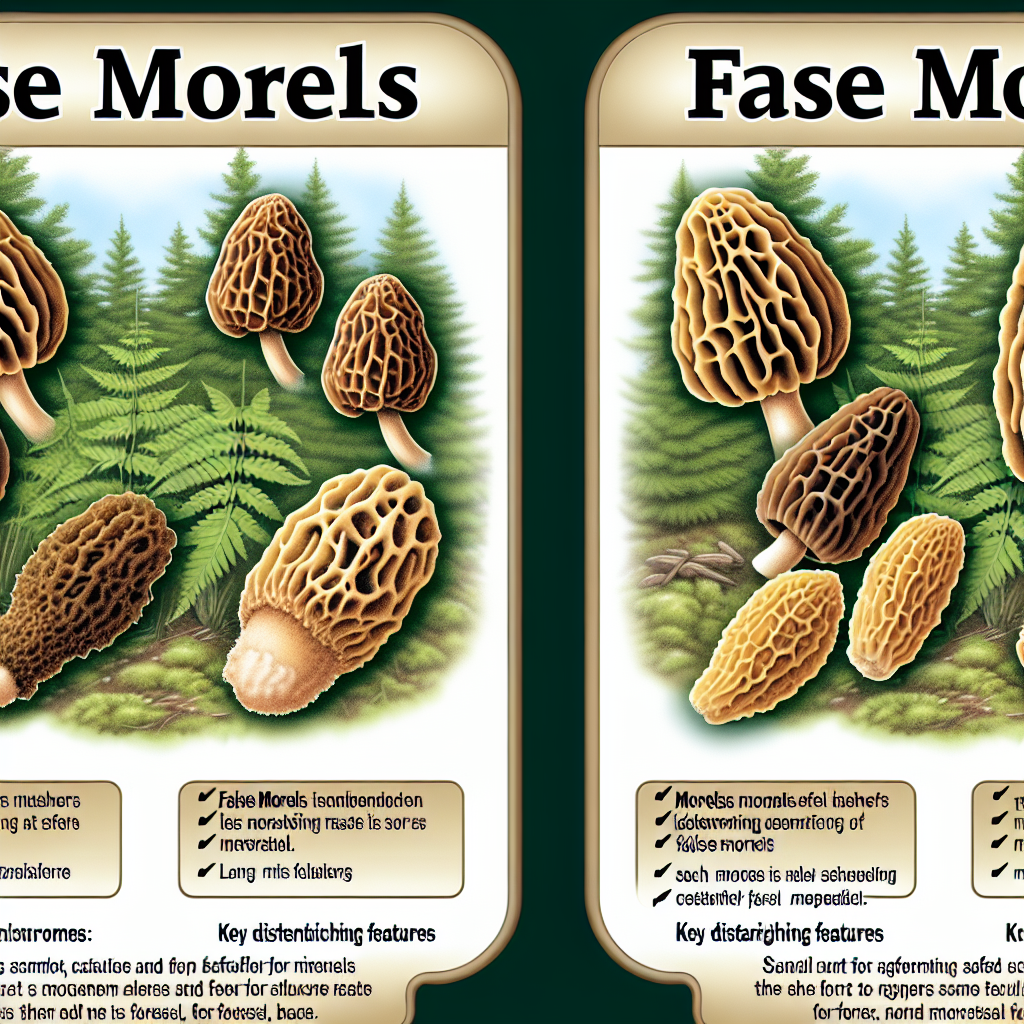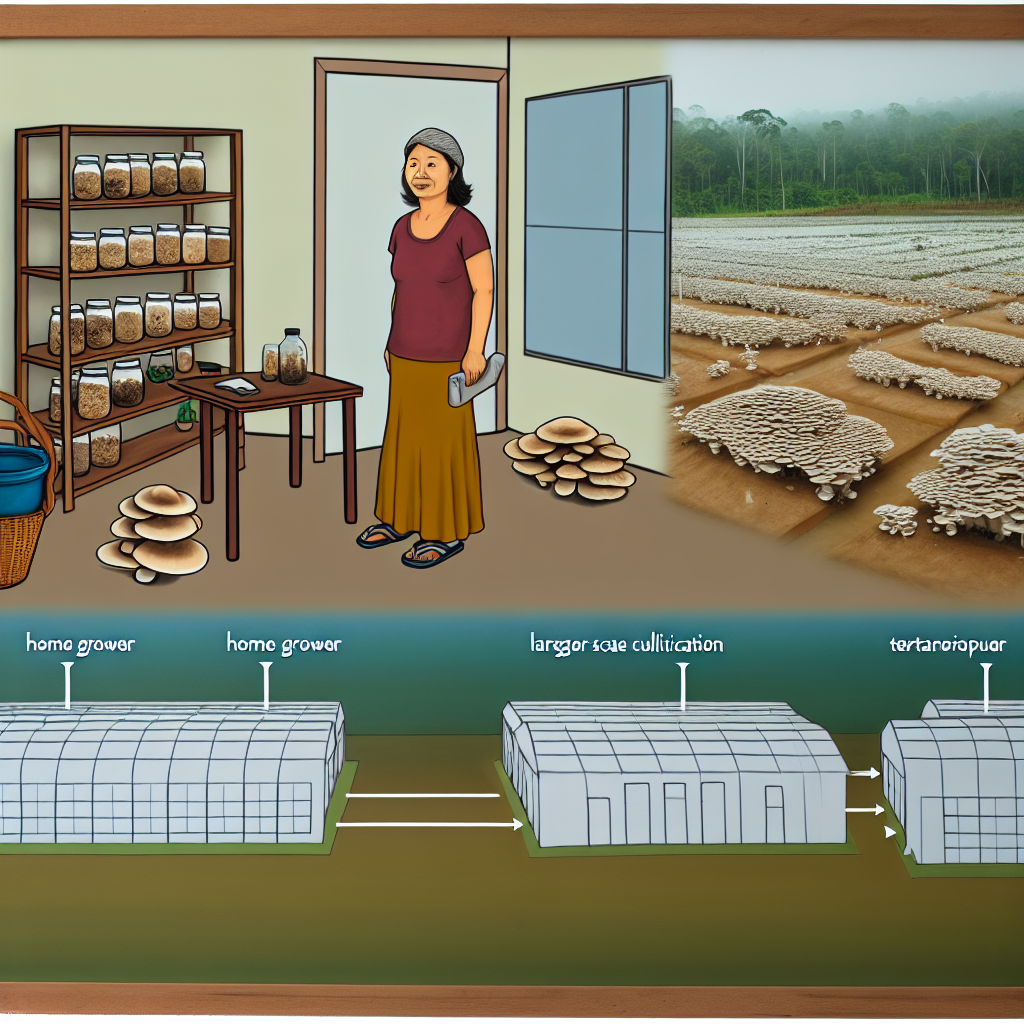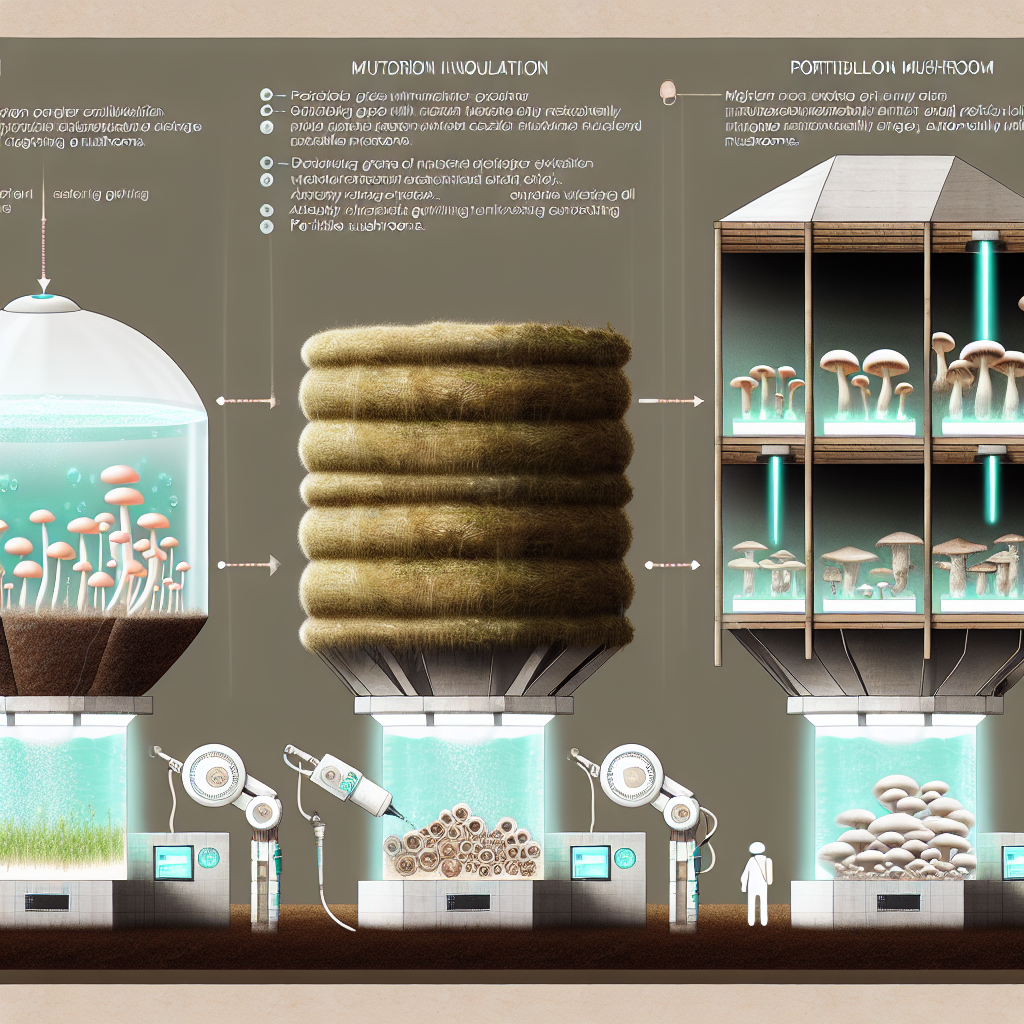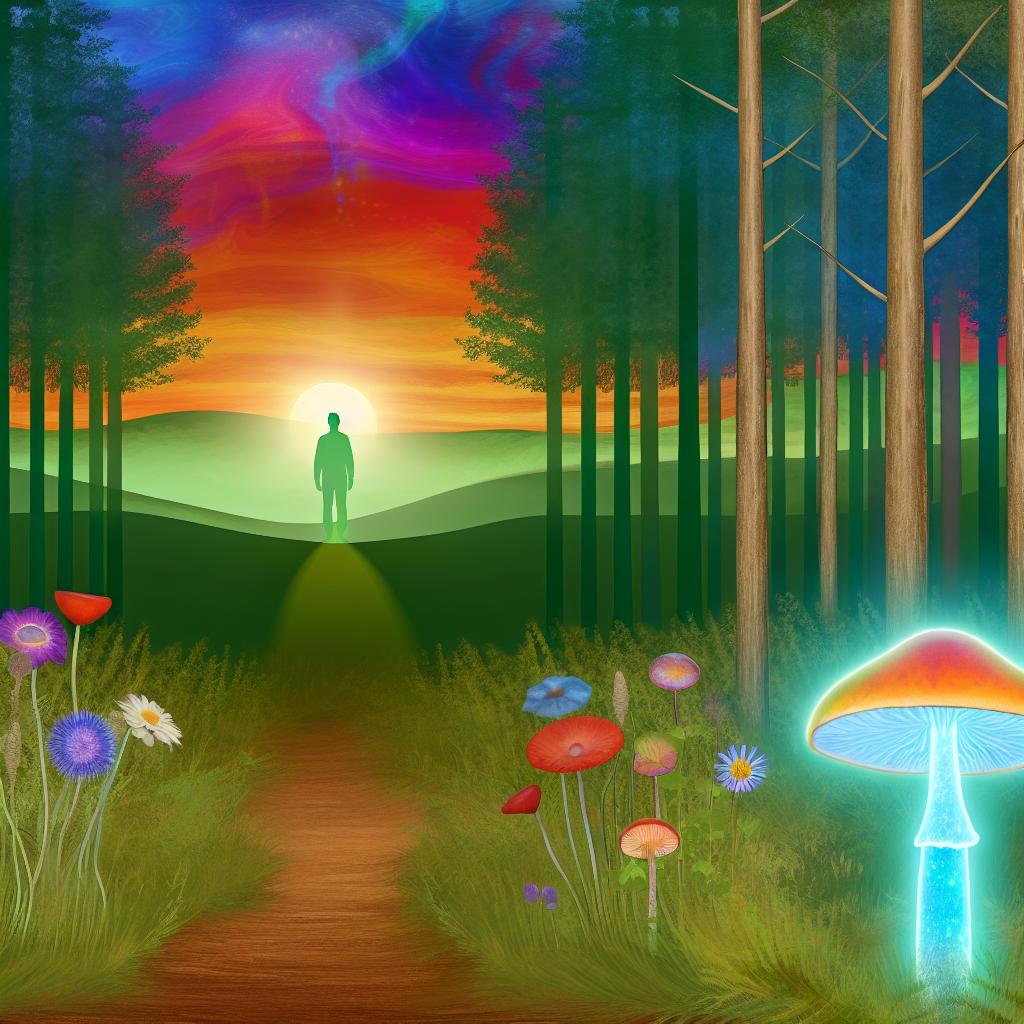Psilocybin Legality 2025: Global Decriminalization Status Update
Introduction
Psilocybin, the naturally occurring psychoactive compound found in magic mushrooms, is at the forefront of a global shift in drug policy. Historically classified as a controlled substance—such as a Schedule I drug in the United States—psilocybin is now gaining legal recognition due to its emerging potential in mental health treatment. In 2025, growing clinical evidence and evolving social attitudes are driving psilocybin decriminalization, medical access, and policy reform around the world.
Regions including North America, Western Europe, and Oceania are leading initiatives to regulate psilocybin for therapeutic and personal use. The trend suggests a transition from criminalization to integration—especially as individuals, practitioners, and governments seek alternatives to traditional mental health treatments.
This article explores the current global status of psilocybin legality, key scientific studies validating its safety and efficacy, and projections for how psilocybin legalization may evolve further in 2025 and beyond.
Scientific Research and Professional Support
The legalization and decriminalization of psilocybin is rooted in a growing body of compelling scientific evidence. Leading institutions have confirmed its efficacy in treating various mental health challenges such as depression, anxiety, PTSD, and substance use disorders.
One pivotal study conducted by Johns Hopkins University found that a single dose of psilocybin significantly reduced depression and anxiety for patients with terminal illnesses. The compound showed strong safety profiles when administered in therapeutic settings.
Similarly, a 2021 clinical trial by Imperial College London revealed that psilocybin therapy was as effective as, if not superior to, traditional SSRIs like escitalopram for major depressive disorders—with often fewer side effects.
In the U.S., the FDA granted psilocybin a Breakthrough Therapy designation for treatment-resistant depression, recognizing its therapeutic promise and accelerating research approval timelines.
Globally, institutions like the Multidisciplinary Association for Psychedelic Studies (MAPS) and the Usona Institute are championing medical research and policy reform. Their work has catalyzed tangible policy shifts in countries like Australia, where, in 2023, the Therapeutic Goods Administration (TGA) rescheduled psilocybin, allowing prescription use by authorized psychiatrists.
This scientific backing is dismantling outdated stigmas around psychedelics and helping governments and health systems worldwide reevaluate and modernize drug laws.
Global Decriminalization Status 2025
The legal stance on psilocybin across the globe in 2025 remains a patchwork but is trending positively toward broader acceptance. Below are region-specific updates:
- United States: Following Oregon’s pioneering legislation allowing supervised therapeutic psilocybin use, states like Colorado enacted the Natural Medicine Health Act. It supports supervised treatments beyond traditional clinical settings. Cities such as Denver, Seattle, Oakland, and Detroit have also moved to decriminalize personal possession and use.
- Canada: Psilocybin is accessible through a federal Special Access Program (SAP) for critical medical cases. Therapists may apply for exemptions to guide patients undergoing psychedelic-assisted therapy for depression, anxiety, or substance misuse.
- Australia: The TGA reclassified psilocybin in July 2023, permitting prescription by authorized psychiatrists for individuals with treatment-resistant depression. This approach is tightly regulated and includes mandatory psychological oversight, ushering psilocybin into formal psychiatric care structures.
- Costa Rica and Jamaica: These nations have become unofficial psychedelic tourism destinations. Legal psilocybin retreats attract international visitors seeking professionally guided experiences in regulated yet relaxed legal settings.
- Europe: The Netherlands maintains legality around psilocybin truffles, sold and consumed under specific conditions. Portugal decriminalized all drugs in 2001, but psilocybin remains technically illegal. Switzerland allows tightly controlled clinical research trials with psilocybin. The UK is intensifying advocacy for reclassification and medical access, though change is not yet formalized.
- South America: Countries like Brazil and Peru allow ceremonial psilocybin use by indigenous groups or within religious traditions. However, trafficking and recreational possession remain criminalized in many jurisdictions on the continent.
Though the degree of reform varies, the trajectory is clear: more governments are softening legal stances in favor of medically and spiritually guided use, signaling a broader movement toward integrating psilocybin into health and wellness frameworks.
Conclusion
As psilocybin enters 2025, it’s no longer seen solely through a punitive lens—it’s increasingly embraced as a legitimate tool in mental health care. While few countries have fully legalized it, the wave of decriminalization, therapeutic access, and legislation supporting clinical research continues to build momentum. With consistent advocacy, ongoing studies, and patient testimonials, psilocybin is poised to play a transformative role in managing some of the world’s most persistent psychological ailments.
The global shift now underway reflects not just a political or scientific evolution, but a cultural one—one in which ancient substances are being modernized to meet the needs of present-day mental health challenges.
Concise Summary
Psilocybin, the psychoactive compound in “magic mushrooms,” is gaining global recognition in 2025 for its therapeutic potential. Decriminalization and policy reform are expanding across the United States, Canada, Australia, and parts of Europe and South America, driven by scientific research confirming its safety and effectiveness for treating depression, PTSD, and addiction. Countries like Jamaica and Costa Rica support psychedelic tourism, while the FDA in the U.S. has labeled psilocybin a “Breakthrough Therapy.” Despite uneven progress, a clear movement is emerging—from prohibition to careful integration of psilocybin into mental health practices.
References
– Johns Hopkins Study on Psilocybin and Cancer-Related Depression
– Imperial College London Psilocybin Depression Study
– FDA Breakthrough Therapy Designation
– TGA Australia Decision on Psilocybin and MDMA
– Multidisciplinary Association for Psychedelic Studies (MAPS)
– Usona Institute
– Colorado Natural Medicine Health Act

Dominic E. is a passionate filmmaker navigating the exciting intersection of art and science. By day, he delves into the complexities of the human body as a full-time medical writer, meticulously translating intricate medical concepts into accessible and engaging narratives. By night, he explores the boundless realm of cinematic storytelling, crafting narratives that evoke emotion and challenge perspectives. Film Student and Full-time Medical Writer for ContentVendor.com
